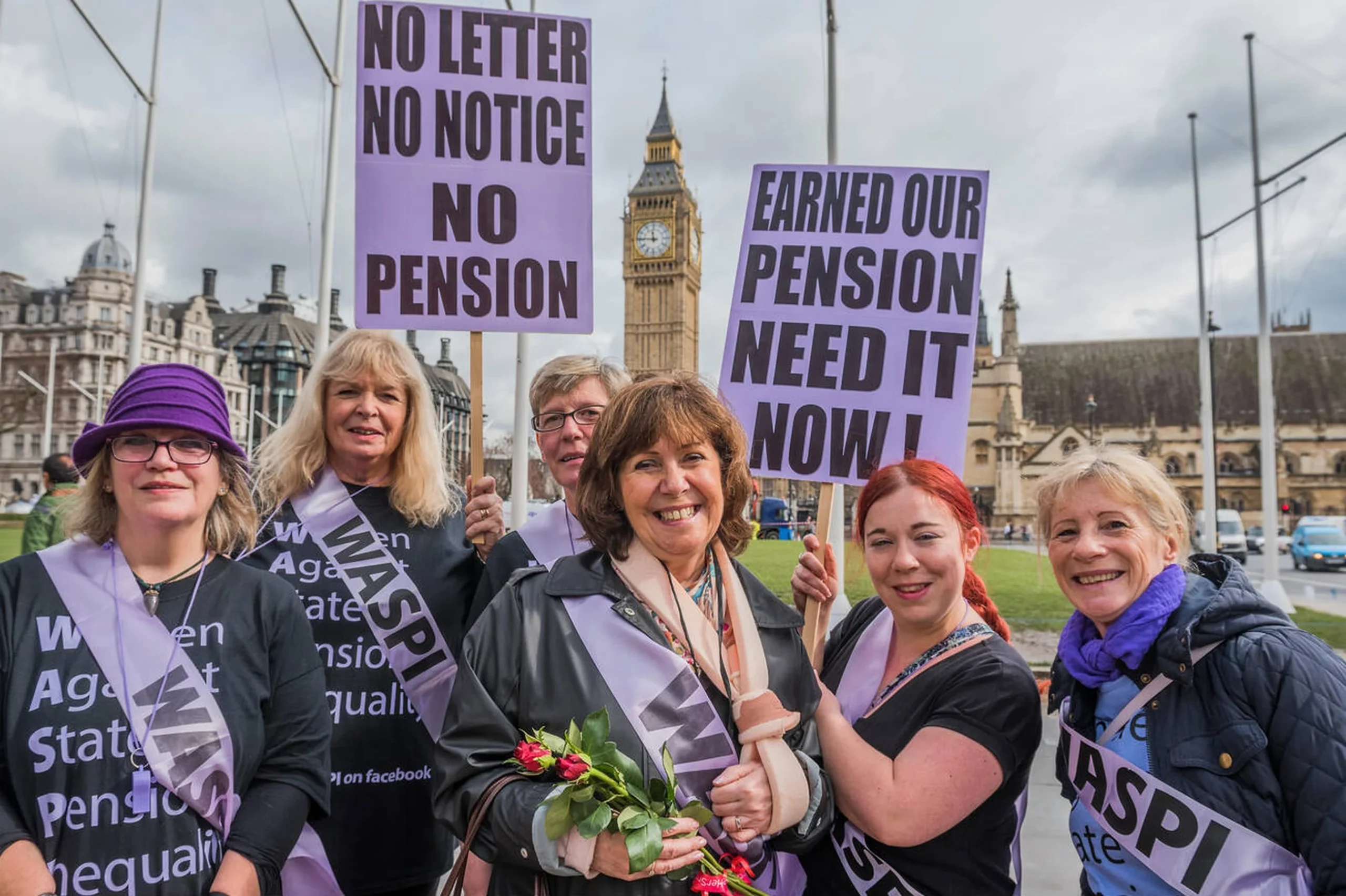The Women Against State Pension Inequality campaign, started in 2015, fights for women born in the 1950s who were unfairly impacted by changes to the state pension age.
The 1995 and 2011 Pensions Acts increased the state pension age for women from 60 to 66, often without warning, making it hard for many to plan for retirement.
The DWP’s poor communication has caused financial problems for these women, leading Women Against State Pension Inequality to ask for fair compensation for their troubles.
The campaign has grown, pointing out wider issues of gender inequality in pensions, where women usually have less money saved for retirement than men.
The Communication Breakdown
The Department for Work and Pensions did not properly inform women born in the 1950s about the changes to their state pension age, as found by the Parliamentary and Health Service Ombudsman.
Between 2005 and 2007, the DWP did not do enough to let women know about the increase in their pension age from 60 to 66, despite research showing many were unaware.
This lack of communication made many women unprepared for the financial impact, with some only finding out about the changes right before they were supposed to retire.

Financial Hardship Faced by Women Against State Pension Inequality Women
Women born in the 1950s, especially, are facing big money problems because their pensions are delayed. That is why Women Against State Pension Inequality is started.
This has made life very hard for them, with many having to wait up to six years longer than they expected to get their pensions.
This delay has caused a lot of financial stress. Now, one in five women who get pensions in the UK are poor, which is more than before, showing that older women are struggling to make ends meet.
With prices going up, many women are having to stop spending on important things and are even dipping into their retirement savings to deal with the higher costs of living.
The problem is made worse because many women don’t have other ways to make money, like having a pension from work or enough savings, which leaves them especially at risk when they retire.
Gender Inequality in the Pension System
Women Against State Pension Inequality campaign also sheds light on this issue as well. The gender pension gap is a big issue where women typically get around 40% less money in their pensions compared to men.
This happens because women often earn less due to pay inequality and have more career pauses, like when they take time off for children or elderly family, leading to less money put into pensions.
Women also work fewer hours or in lower paying jobs, which makes the pension gap worse.
Over time, this gap increases, with women ending up with much less pension savings than men.
Political Support and Legislative Responses
The Women Against State Pension Inequality campaign has gotten support from different political groups. The Liberal Democrats, SNP, Plaid Cymru, and Green Party have all promised to help women affected by the campaign, with the Lib Dems saying they will make sure women born in the 1950s get fair compensation if they win.
But the two main parties, Conservatives and Labour, haven’t promised anything yet. Conservatives are looking into the issue, while Labour hasn’t set aside money for compensation.
The government is considering how much money to spend on helping these women, based on a report that suggested giving them money between £1,000 and £2,950, which could cost between £3.5 billion and £10.5 billion.
The Ombudsman’s Findings and Recommendations
The Parliamentary and Health Service Ombudsman found that the Department for Work and Pensions made mistakes by not properly telling women about changes to their state pension age.
The Ombudsman noticed big mistakes in how they communicated, saying many women didn’t know about the increase in pension age until it was too late to change their financial plans.
The Ombudsman suggested that the government should pay back these women, pointing out how upset and financially hurt they were because of the bad communication.
These suggestions could help fix the wrongs done to millions of women, offering some recognition and a way to make up for the problems caused by the DWP’s poor communication.
The Call for Compensation
The Women Against State Pension Inequality campaign suggests giving women affected by pension changes 50% of their state pension until they reach their new retirement age.
This would be about £40,000 each, based on a state pension of £134 a week. Supporters believe these women deserve compensation for the financial problems caused by not being warned about the pension age increases.
Many had to use their savings, borrow money, or work longer than planned, which caused stress and lower life quality.
The Ombudsman’s report also shows the government didn’t properly inform people about these changes.
Compensation would help these women and their families by reducing their financial worries and providing some justice.
Helping the Women Against State Pension Inequality campaign is important for fixing past wrongs and creating a fairer pension system that values women’s work and sacrifices.

